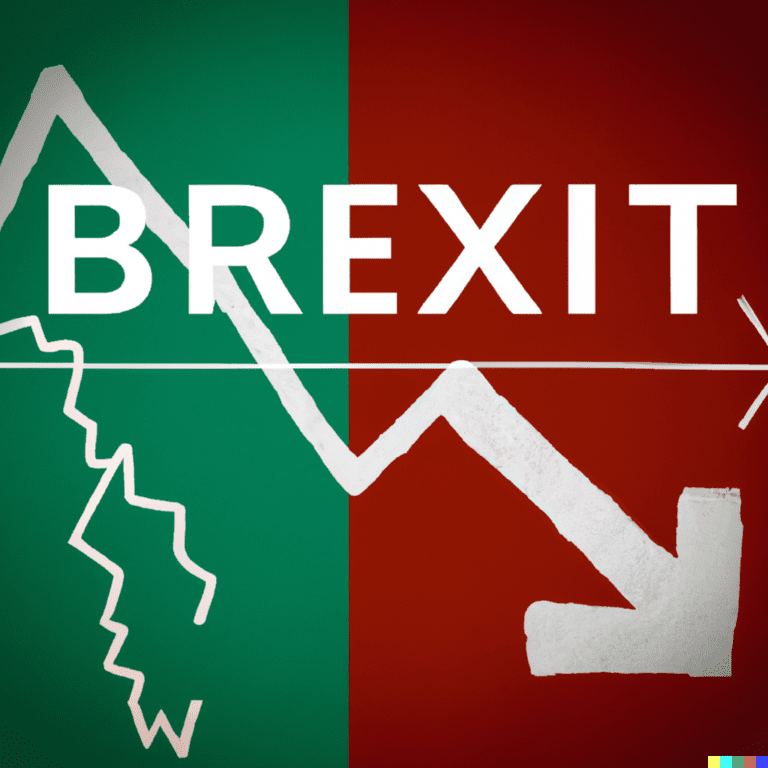Do Forex Traders Pay Tax in the UK?
When venturing into the world of forex trading in the UK, it’s not just the market’s ups and downs that you need to consider; the tax implications are equally important. “Do forex traders pay tax in the UK?” This question is a critical concern for many in this sphere. This article aims to shed light on the tax obligations for forex traders in the UK, ensuring a clear understanding and compliance with the law.
Navigating UK Tax Laws for Forex Trading
Firstly, it’s essential to recognize that forex trading in the UK does come under the umbrella of taxation. However, the type of tax and the amount payable hinges on several factors, including the nature of your trading, your legal status, and your total income.
Understanding Trader Classifications
In the UK, forex traders generally fall into two categories: speculative traders and self-employed traders. Each group faces different tax responsibilities.
- For Speculative Traders: If you engage in forex trading as a hobby or a secondary source of income, you’re likely to be considered a speculative trader. Interestingly, profits earned from this type of trading are not subject to income tax, as these activities are deemed to be gambling under UK law. However, it’s prudent to consult a tax professional to confirm that your activities qualify as speculative.
- For Self-Employed Traders: Conversely, if forex trading is your primary source of income, you’ll probably be classified as self-employed. In this scenario, your forex earnings are taxable under Income Tax and National Insurance contributions. The tax rate you’ll face depends on your total taxable income, ranging from 20% to 45%.
The Role of Capital Gains Tax
Capital Gains Tax (CGT) is another crucial element to consider. If your trading falls under the CGT regime, any profit exceeding the annual tax-free allowance (which was £12,300 for the 2020/21 tax year) is taxable. The rate of CGT is contingent on your overall income, falling at either 10% or 20%.
Emphasizing Compliance and Reporting
Adhering to UK tax laws necessitates thorough record-keeping and accurate reporting:
- Record-Keeping Is Key: Maintaining detailed records of all your forex trades is vital. This includes dates, amounts, profits, and losses.
- Tax Returns Are a Must: You are required to report your forex earnings on your tax return. This involves completing a self-assessment tax return each year for self-employed traders.
- Professional Advice Is Advisable: Given the complexity and nuances of tax laws, seeking advice from a tax professional is highly recommended.
Debunking Common Misconceptions
There’s a plethora of misconceptions about forex trading and taxes in the UK. A common false belief is that profits from forex trading are always tax-free. However, the reality is that tax treatment varies based on individual circumstances and HM Revenue & Customs’ (HMRC) classification of your trading activities.
Conclusion
To sum up, forex traders in the UK do face tax obligations, and these vary depending on the nature of their trading. Whether your forex trading is speculative or constitutes self-employment, grasping the pertinent tax rules is crucial. Proper record-keeping, accurate reporting, and professional tax guidance are indispensable for ensuring compliance and steering clear of legal issues.







